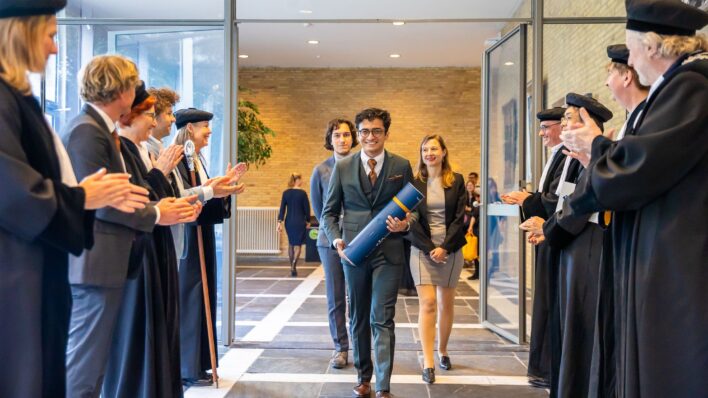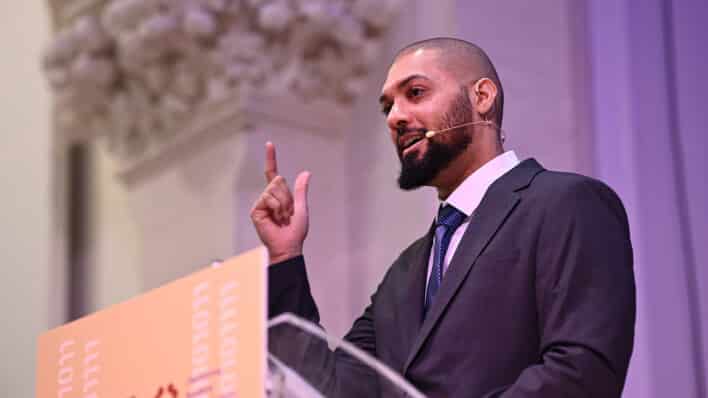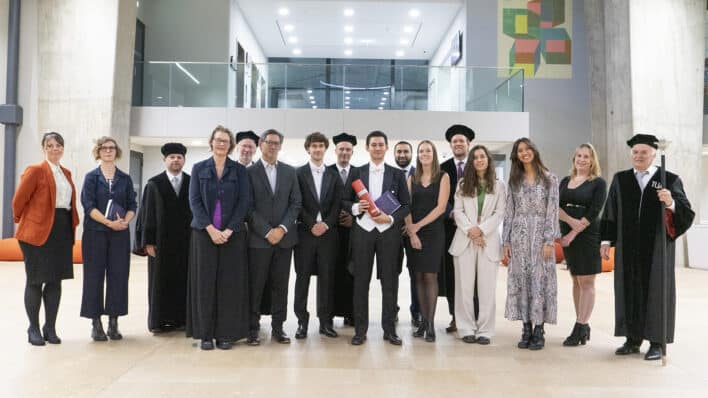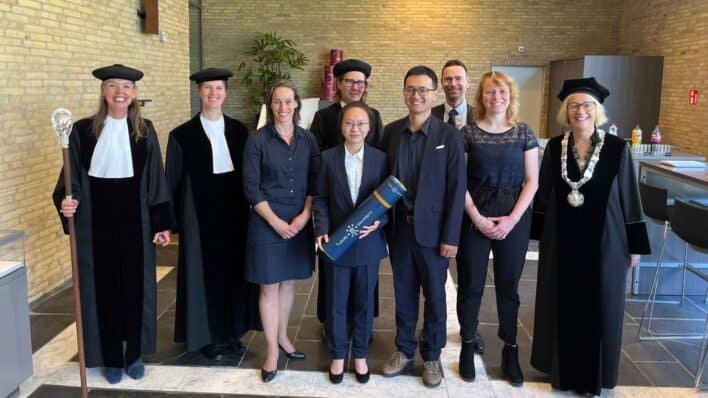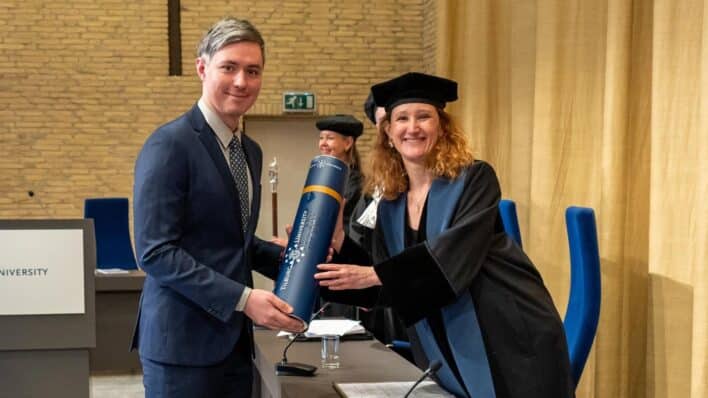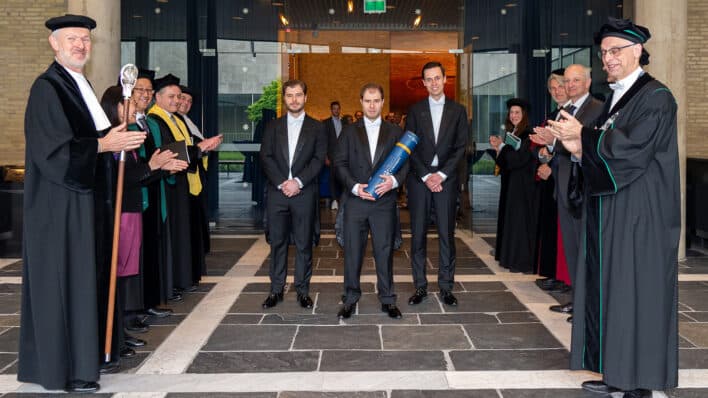Behind the PhD: Building faster models for complex social interactions
Posted on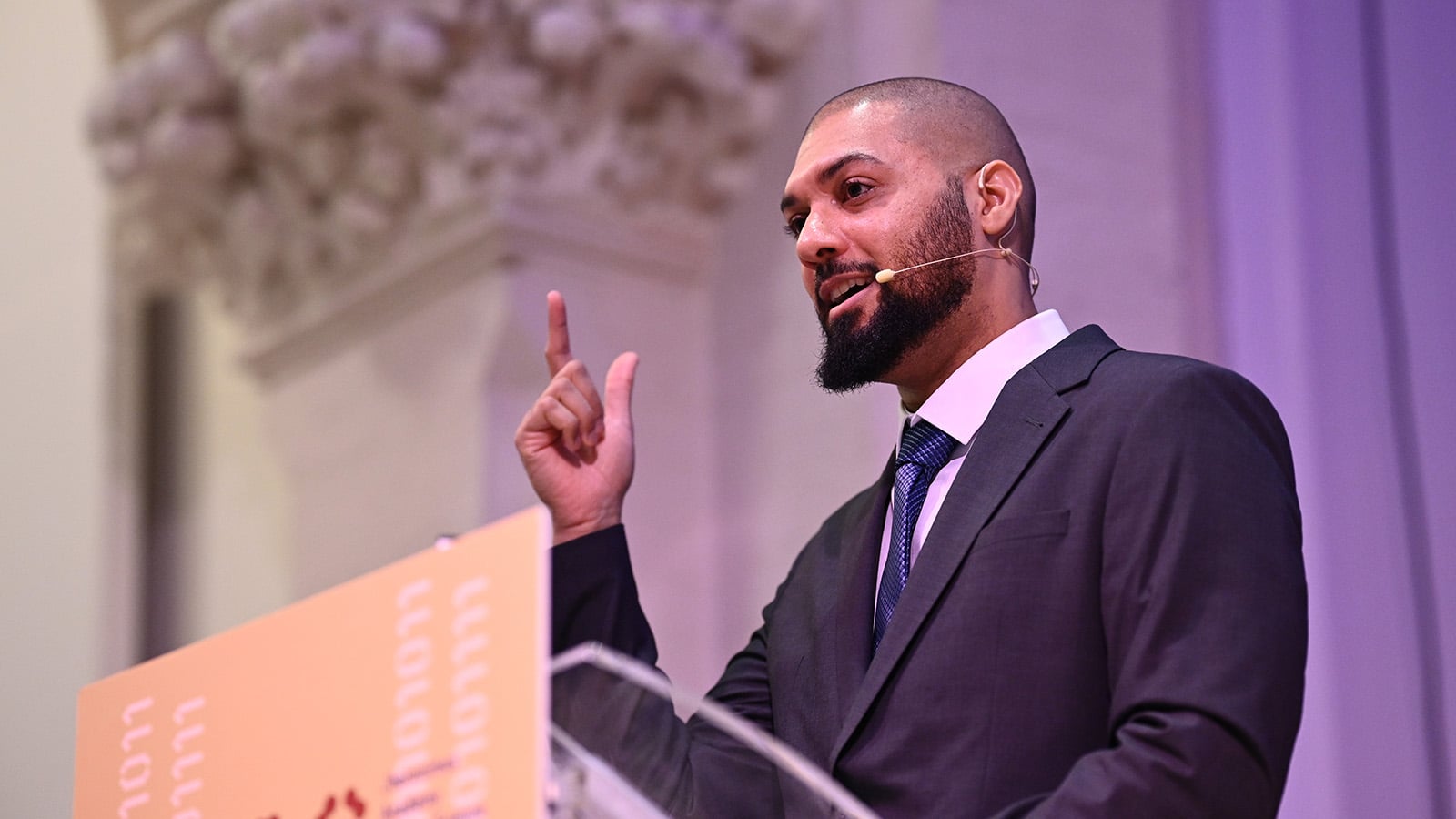
Meet Fabio Generoso Vieira, a researcher tackling the complexities of relational event networks to make social data analysis faster and more practical. Originally assigned a fixed PhD project, he quickly saw an opportunity: streamline sluggish models and open up new possibilities for researchers. He successfully defended his PhD on 6 November. We spoke with him about his journey, the challenges, and the impact of his work.
Why did you choose this research subject, and what makes it so fascinating?
At first, I didn’t think I had much choice—like most PhD candidates in the Netherlands, I was hired to work on a specific project. But as I got into it, I found some freedom to explore topics within the field of relational event networks. I chose to focus on multilevel models for this data type because there wasn’t much research in this area, and I felt I could fill that gap. As my research progressed, I realized how slow these models were and started to worry that nobody would use my work unless I found a way to speed things up. That’s when I shifted towards computational techniques, developing algorithms for faster model training.
What I think is most interesting about relational event network models is the flexibility that researchers have in testing their scientific expectations. The possibility to create statistics that reflect certain social interaction structures, and the freedom to formally test their significance, is what makes this field so appealing.
Which challenges did you meet along the way, and how did you overcome them?
For me, the biggest challenge was moving to the Netherlands. Being in a new country, speaking a different language everyday and not knowing anybody were the biggest challenges I had to overcome. And then, of course, the pandemic hit. It was difficult—I didn’t know anyone in Tilburg at the time, and not speaking Dutch made things even harder. Later, I moved to The Hague, where I met more internationals, and that made everything much better, at least socially.
When it comes to my research, I faced the kinds of challenges most PhD students encounter: experiments that don’t work, computers that aren’t powerful enough, simulations that take a month to run, and so on. Overcoming these challenges was mostly a matter of trial and error. The faster you make mistakes, the quicker you find the solution. In the end, all these struggles make completing the PhD even sweeter. It’s like a game—each level gets harder, but when you look back, you can say to yourself, “Wow, I really did it!” That sense of pride is priceless.
What is the impact of your work in the real world?
It’s hard to say for sure. I think I’ve developed some cool methods and techniques that other researchers could use and build upon. Since much of the research in this field is applied, I believe I’ve done a good job of expanding the toolbox for applied researchers. My work broadens what’s possible with relational event data. Who knows—maybe in a few years, someone will discover one of my papers, and I might finally become a successful academic.
What are your plans after your PhD?
I began my PhD with the goal of becoming a university professor. I haven’t given up on that just yet, but I understand the difficulties. Right now, I’m working as a postdoc at UvA, where I’m doing research on music metadata. After this, I might pursue another academic role or perhaps a research-based position in industry. As I always like to say, the future is wide open.
